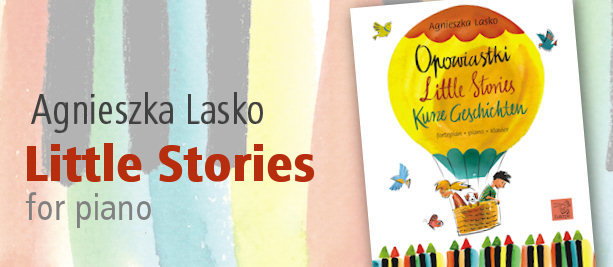Composer, arranger, pianist and author of
instrumental, ballet, pop, theatre and film music (over 130
productions). In 1964, Korzyński completed his studies in
composition at the State Higher School of Music in Warszawa [Warsaw]
under the direction of Kazimierz Sikorski. In 1965, together with
Mateusz Święcicki and Witold Pograniczny, he founded the ‘Rytm’
[Rhythm] studio, which he managed for eight years. He was also a
founding member of the groups Arp Life
(electronic music) and Ricercar 64. In 1967,
he began work with director Andrzej Żuławski, creating music for
the television films Pavoncello and Pieśń
triumfującej miłości
[The Story of Triumphant Love]. This marked the beginning
of the composer’s adventures with film. His soundtracks were
released on record - the first such recordings in Poland.
Korzyński
has composed music for films including Andrzej Wajda’s
Brzezina [The Birch Wood] (1970), Człowiek
z marmuru [Man of Marble] (1976), Człowiek
z żelaza [Man of Iron] (1981) and
Panna Nikt [Miss Nobody] (1996); Sylwester
Chęciński’s Wielki Szu [Big
Shar] (1982); Władysław Ślesicki’s W
pustyni i w puszczy [In Desert and Wilderness] (1973); Krzysztof
Gradowski’s Akademia pana Kleksa [Mister
Blot’s Academy] (1983) and Podróże pana
Kleksa [Travels of Mr Kleks] (1985); Andrzej
Żuławski’s Szamanka [The Shaman] (1996);
Jerzy Gruza’s Tygrysy Europy
[Tigers of Europe] (1999, 2003) and Andrzej Kostenko’s Zaginiona
[Gone] (2003). He has also composed music for foreign films (in
cooperation with German film studio DEFA). In addition, he has
composed soundtracks for television series such as Władysław
Ślesicki’s W pustyni i w puszczy [In
Desert and Wilderness] (1973); Jerzy Gruza’s Pierścień
i róża [The Rose and the Ring] (1986) and Janusz Łęski and
Adam Iwiński’s Janka (1989).
In 1977,
Korzyński received an award at the Polish Feature Film Festival in
Gdansk for his music for Julian Dziedzina’s Czerwone
ciernie [Red Thorns] (1976), and in 1984, he collected a Prime
Minister’s team award for the film Mister Blot’s Academy.
He is also the author of many pop music hits, including Żółte
kalendarze [Yellow
Calendars] and Kochać [Love]
for Piotr Szczepanik and Domek bez
adresu [House with no address] for Czesław Niemen.
author’s orchestral materials
list of authors










